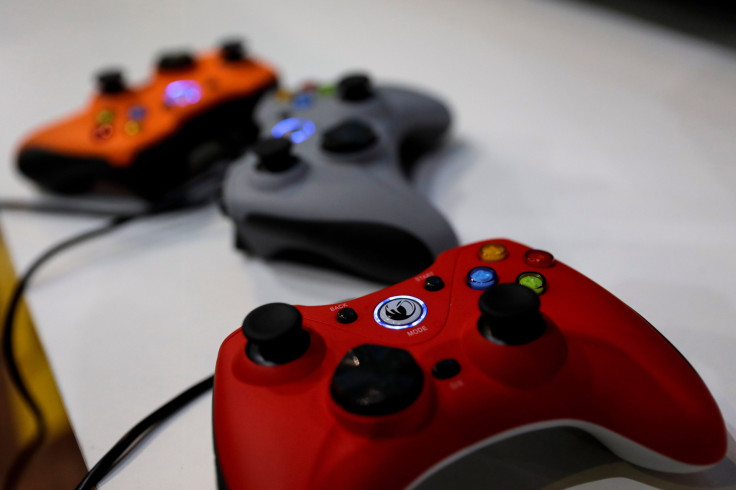Some Video Games Improve Memory, Brain Functioning In Older Adults, Study Finds

Video games belong to that particular canon of pop culture that are persistently looked down upon by the older crowd. Comic books and at times even television shows make the cut on this front.
But a new study has found that playing video games into your old age could help keep one's brain healthy.
Psychologists at the University of Montreal found that the participants of the study who played 3D platforming games such as "Super Mario 64" developed more gray matter in their brain by the time the experiment ended.
The study observed the effects of playing the game on three regions of the brain: Hippocampus, Dorsolateral prefontal cortex and Cerebellum.
Hippocampus, in the limbic system, is involved in crucial brain functions related to memory. It helps you maintain spatial memory so that you could navigate the world around you with ease, and transmutes short-term memories into long-term memories.
Although studies of this kind were done in the past, they only tested the effects of playing games on individuals in their 20s.
That particular demographic forms the core gaming population. Hippocampus-related benefits were noted in test subjects in those studies.
This time around, the researchers wanted to find out if older people could also get the same benefits from playing video games. To this end, 33 people between the ages of 55 and 75 were enlisted for the study. The participants were asked to play "Super Mario 64" on a regular basis, take piano lessons (for the first time in their lives), or do nothing at all.
The experiment that went on for six months was conducted in senior citizens’ homes.
Two different measurements were used in the experiment: magnetic resonance imaging (MRI) and cognitive performance tests. These measurements were used to evaluate the volume of gray matter in the test participants both before and after the 6-month experiment.
To be more specific, gray matter was measured the three parts of the brain:
- Hippocampus: involved with episodic and spatial memory.
- Dorsolateral prefrontal cortex: controls decision-making and planning.
- Cerebellum: involved in maintaining body balance and motor control.
The researchers found that those who played games had a rise in the volume of gray matter. Perhaps, the even more surprising find was that those who played the piano didn’t have any such changes in their brain. The same was true for those who didn’t do anything.
In the gamers, it was found that both the hippocampus and cerebellum had more gray matter post gaming. Also, the senior citizen- gamers enjoyed better short term memory after they played the game.
According to the researchers, video games such as "Super Mario 64" help the hippocampus build a cognitive map of the virtual world depicted in the game. This helps reverse the gray matter atrophy that usually occurs in old age.
In fact, the researchers were optimistic enough that they suggested gaming may even help keep Alzheimer’s disease from developing in people.
The study couldn’t reveal whether the benefits come specifically because of the brain activities linked with spatial memory, or from learning a new skill though.
The study was published in the journal Plos One on Dec. 6.
© Copyright IBTimes 2024. All rights reserved.





















